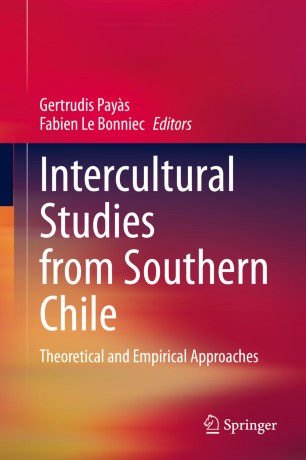

Most ebook files are in PDF format, so you can easily read them using various software such as Foxit Reader or directly on the Google Chrome browser.
Some ebook files are released by publishers in other formats such as .awz, .mobi, .epub, .fb2, etc. You may need to install specific software to read these formats on mobile/PC, such as Calibre.
Please read the tutorial at this link: https://ebookbell.com/faq
We offer FREE conversion to the popular formats you request; however, this may take some time. Therefore, right after payment, please email us, and we will try to provide the service as quickly as possible.
For some exceptional file formats or broken links (if any), please refrain from opening any disputes. Instead, email us first, and we will try to assist within a maximum of 6 hours.
EbookBell Team

4.3
18 reviewsThis book presents a multidisciplinary overview of a little known interethnic conflict in the southernmost part of the Americas: the tensions between the Mapuche indigenous people and the settlers of European descent in the Araucania region, in southern Chile. Politically autonomous during the colonial period, the Mapuche had their land confiscated, their population decimated and the survivors displaced and relocated as marginalized and poor peasants by Chilean white settlers at the end of the nineteenth century, when Araucania was transformed in a multi-ethnic region marked by numerous tensions between the marginalized indigenous population and the dominant Chileans of European descent.
This contributed volume presents a collection of papers which delve into some of the intercultural dilemmas posed by these complex interethnic relations. These papers were originally published in Spanish and French and provide a sample of the research activities of the Núcleo de Estudios Interétnicos e Interculturales (NEII) at the Universidad Católica de Temuco, in the capital of Araucania. The NEII research center brings together scholars from different fields: sociocultural anthropology, sociolinguistics, ethno-literature, intercultural education, intercultural philosophy, ethno-history and translation studies to produce innovative research in intercultural and interethnic relations. The chapters in this volume present a sample of this work, focusing on three main topics: